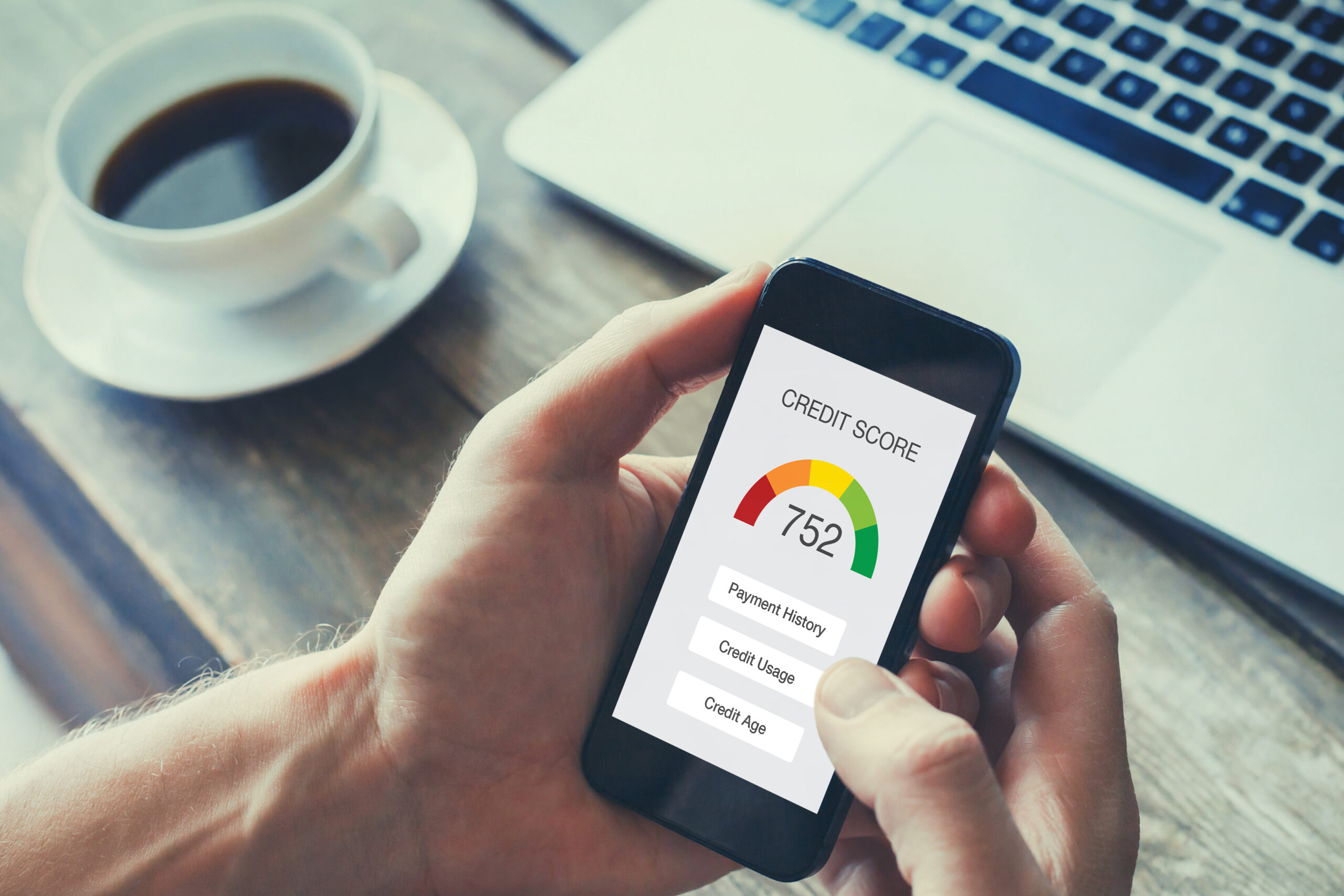If credit scores confuse you, you’re not alone. That mysterious three-digit number can feel like a code only banks understand—but it actually plays a huge role in your financial life. Whether you’re applying for a loan, renting an apartment, or even signing up for a phone plan, your credit score can make or break your options. The good news? You don’t need to be a financial expert to understand it—or to improve it. Find out what goes into your credit score, why it matters, and how to take simple steps to build a stronger financial future.
What Is a Credit Score?
Your credit score is a number between 300 and 850 that reflects how likely you are to repay borrowed money. The higher your score, the more trustworthy you appear to lenders and creditors. There are a few different scoring models, but the most widely used is the FICO® Score.
Why Your Credit Score Matters
Your credit score can affect:
- Loan and credit card approvals
- Interest rates (lower score = higher rates)
- Your ability to rent a home
- Utility deposits
- Insurance premiums
- Sometimes, job applications (especially in financial fields)
In short, a good credit score can save you thousands over your lifetime, while a poor score can limit your choices and cost you more in fees and interest.
What Makes Up a Credit Score?
To improve your score, you need to understand what influences it. Here’s the breakdown for a FICO score:
1. Payment History (35%)
This is the biggest factor. It shows whether you’ve paid your past credit accounts on time. Even one missed or late payment can hurt your score.
2. Amounts Owed (30%)
Also called credit utilization, this compares how much credit you’re using versus how much you have available. Keeping your usage below 30% of your limit is best.
3. Length of Credit History (15%)
Lenders like to see that you’ve been managing credit over time. The older your accounts, the better—so don’t be too quick to close your oldest credit cards.
4. Credit Mix (10%)
Having a variety of credit types (credit cards, loans, retail accounts) can help your score, as long as you manage them well.
5. New Credit (10%)
Opening several new accounts in a short period can lower your score. Each new application triggers a “hard inquiry,” which can ding your score temporarily.
How to Check Your Credit Score
There are several ways to check your score for free:
- Many banks and credit card companies now include it on monthly statements or online dashboards.
- Use services like Credit Karma or Credit Sesame for free access and monitoring.
- Request your full credit report annually at AnnualCreditReport.com (this won’t include your score, but you can see your full credit history).
Checking your score regularly won’t hurt it—it’s considered a “soft inquiry.”
Simple Ways to Improve Your Credit Score
Improving your score doesn’t happen overnight, but consistent good habits can lead to noticeable changes over time.
1. Always pay your bills on time
Set up payment reminders or automatic payments to avoid late fees. This one habit has the biggest impact on your score.
2. Keep credit card balances low
Try to use less than 30% of your credit limit. If you’re able, paying your balance in full each month is even better.
3. Don’t close old accounts
Even if you’re not using them, keeping old credit cards open (especially ones with no annual fee) can help your credit history and utilization ratio.
4. Limit new credit applications
Only apply for credit when necessary. Too many new accounts in a short period can raise red flags to lenders.
5. Dispute errors on your credit report
Mistakes happen. If you find an error—like a payment marked late when it wasn’t—dispute it with the credit bureau. Getting it corrected can give your score a quick boost.
6. Consider becoming an authorized user
If a family member or trusted friend has good credit, they can add you as an authorized user on their credit card. Their good payment history can help improve your score (just make sure the card issuer reports authorized users to credit bureaus).
7. Use a secured credit card
If you’re building or rebuilding credit, a secured card—where you put down a deposit—can help. Just make sure it reports to all three major credit bureaus and use it responsibly.
How Long Does It Take to See Results?
If you’re just starting to build credit, you could see a score within three to six months. For those working to improve an existing score, it depends on the issue. Paying down a high balance could improve your score in a month or two. Fixing missed payments or dealing with collections might take longer.
The key is consistency. Over time, the positive habits will outweigh past mistakes.
How to Maintain a Healthy Score
Once you’ve raised your score, keeping it strong is about continuing good habits:
- Pay bills on time—every time
- Keep debt levels low
- Monitor your reports for errors
- Avoid unnecessary credit inquiries
- Have a plan for major financial moves (like applying for a mortgage or auto loan)
Don’t stress if your score fluctuates slightly from month to month—that’s normal. Focus on long-term patterns and keeping your financial foundation strong.
Final Thoughts
Understanding your credit score is one of the most empowering things you can do for your financial future. It affects so many areas of your life—from borrowing power to everyday expenses—and it’s 100% within your control to improve. By practicing smart habits and being aware of what lenders look for, you can boost your score and unlock more opportunities. Start small, be consistent, and remember: your credit score is a reflection of your financial habits, not your worth as a person. You’ve got this.




